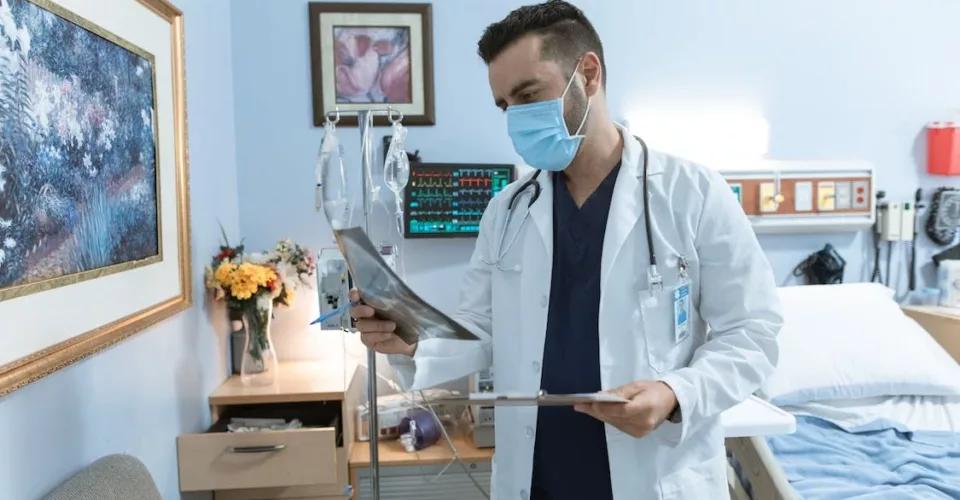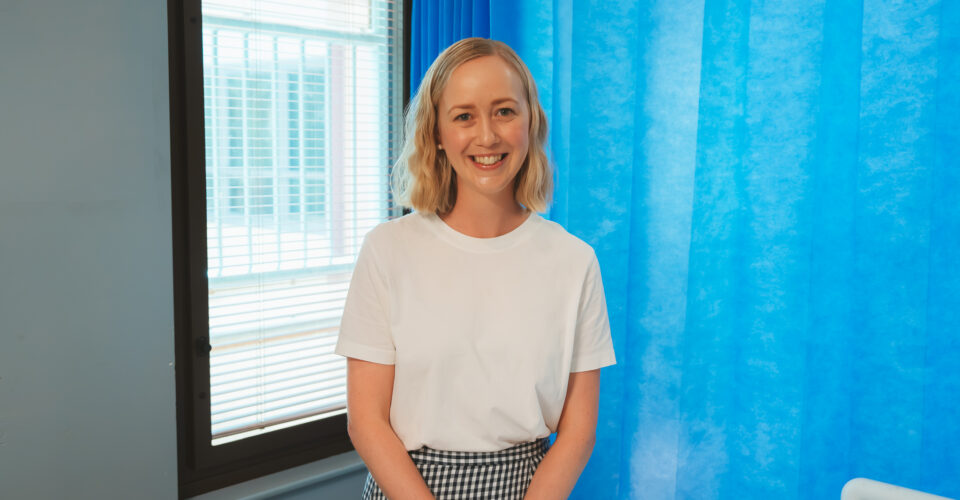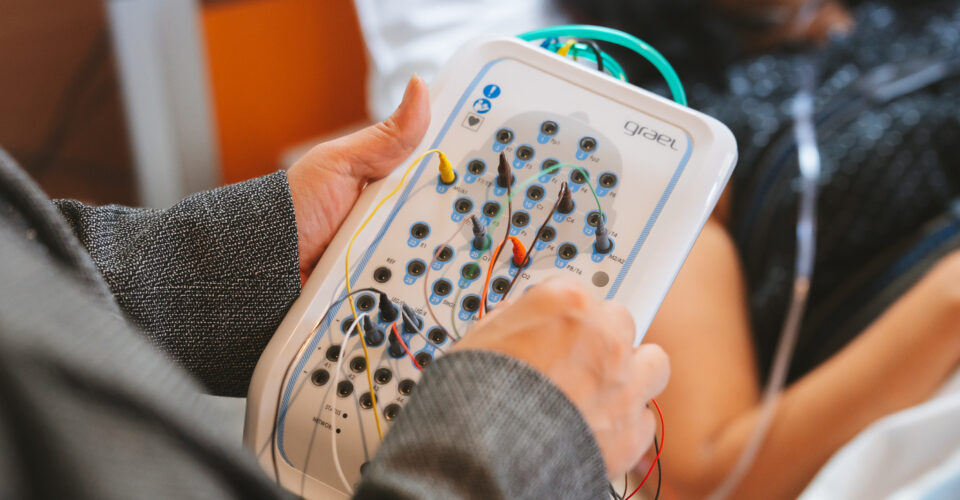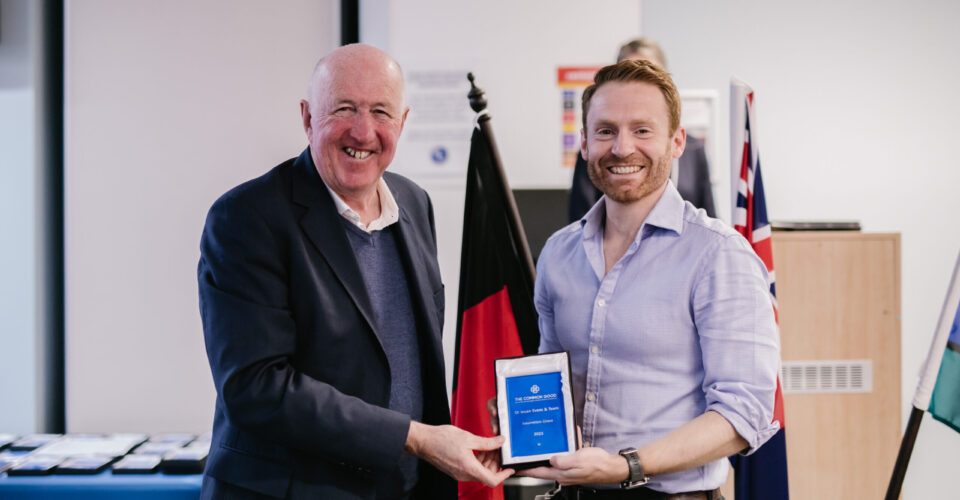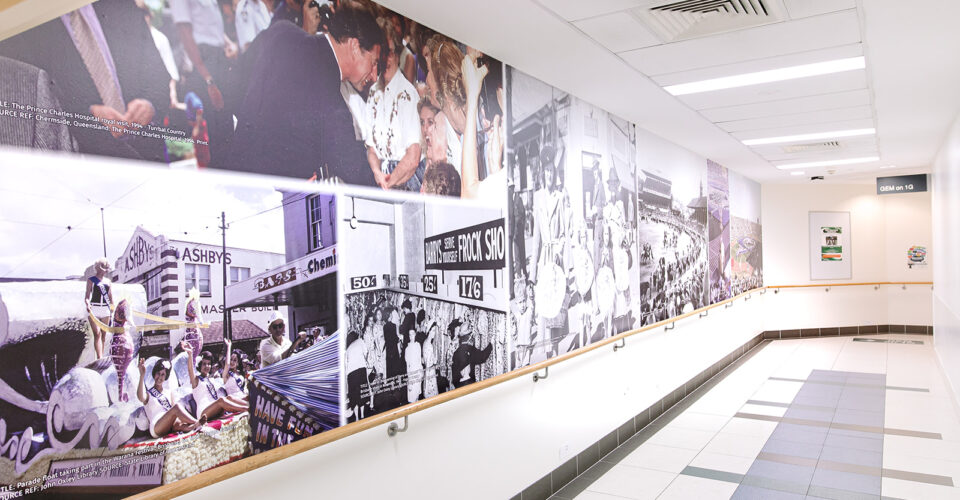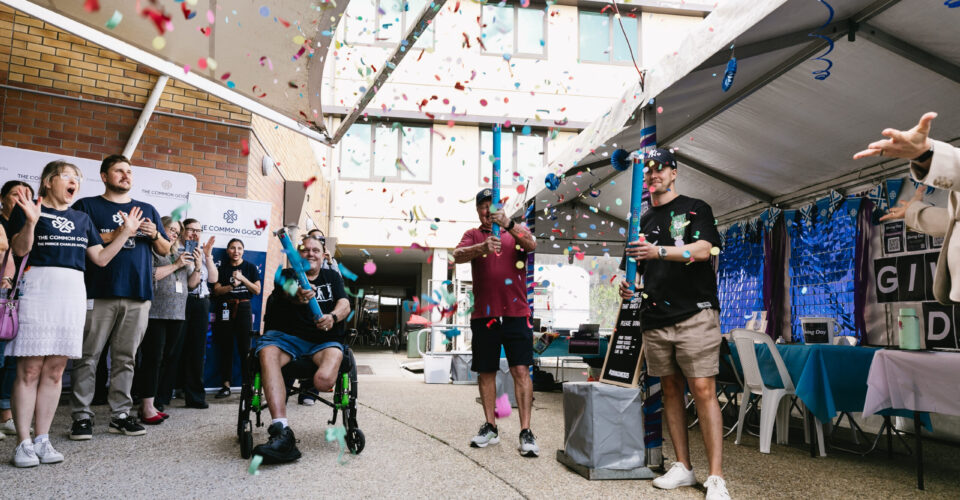Dementia Action Week 2022 is underway in Australia and this year the campaign theme is again ‘A Little Support Makes a Big difference’. At present it is estimated that 487,500 people live with all forms of dementia in Australia. That number is projected to increase to 1,076,000 by 2058 if there is no major medical breakthrough [1].
Many who live with the debilitating condition can continue to lead active and fulfilling lives for many years following their diagnosis – yet Dementia Australia says many of them, along with their family and carers, frequently experience discrimination.
That’s why this year’s campaign aims to increase Australian’s understanding of dementia, provide information about how to make a positive impact on those affected by dementia (by supporting them, or the almost 1.6million Australians involved in their care, and to assist with eliminating discrimination [2].

About Dementia Action Week 2022
While many living with dementia or caring for someone with dementia experience discrimination, Dementia Australia says their experiences can be improved with your support.
On their website they share a range of resources including:
- Tips to support people living with dementia
- Tips for those living with dementia
- Tips for communities
- Self-care tips for carers
About Dementia in Australia in 2022
Close to half a million Australians are living with Dementia at present and that number is predicted to double in the next 25 years.
Here are some key 2022 statistics to consider:
- Dementia is the leading cause of death for women in Australia and the second leading cause of death of Australians.
- About 65% of people with dementia live in the community.
- There are approximately 28,000 people with younger onset dementia.
- It is estimated that nearly 1.6 million Australians are involved in the care of someone with dementia.
Early Warning Signs of Dementia
Dementia can be difficult to detect in its early stages as the first warning signs can be subtle and vary greatly from person to person.
While dementia can only be diagnosed by a qualified health professional, Dementia Australia lists the following as some early warning signs:
- Loss of memory
Everyone forgets things occasionally, however a person with dementia may exhibit forgetfulness more frequently and may not remember things later - Disorientation
A person with dementia may be confused about where they are or what date it is. They may also struggle to make their way to a familiar place. - Language Problems
A person with dementia may struggle to communicate as they may be unable to remember simple language and may instead use inappropriate words. - Poor Judgement and special awareness
Even in the early stages of dementia a person can struggle to judge distance or direction when driving. - Behavioural or personality changes
A person with dementia can experience seemingly rapid mood swings and can easily become withdrawn, confused or suspicious. - Loss of initiative and interest
Dementia can impact a person’s ability to enjoy activities that once sparked their interest. - Losing things
A person with dementia may place items in inappropriate places where they may never be found again. In some cases, they may hide the item as they are fearful of theft. - Struggling to perform everyday tasks
Simple task like making a meal or a cup of tea can be difficult for someone with dementia to complete as they may forget the steps involved or what they had intended to achieve. - Difficulty with Abstract Thinking and Poor Cognition
A person with dementia may struggle to know what a number or letter means and what to do with it.
Research into Diagnosing Dementia Early supported by The Common Good
Geriatrician and Head of Research of Internal Medicine Services at The Prince Charles Hospital, Dr Eammon Eeles and his team are working on an innovative dementia research project alongside the CSIRO and the Queensland Brain Institute.
This world-first study is focused on improving the early detection, diagnosis and treatment of dementia by mapping the brain using a new brain imaging technique and imaging tracer isotype.
“We directly measure chemical signals in the memory-forming part of the brain. This imaging, together with the scans, gives us the best look yet into the workings of the brain and enables us to better evaluate changes that happen with early onset of Alzheimer’s disease,” Dr Eamonn Eels said.
Early detection of dementia can give people more control over their diagnosis and provide the chance for a better and more dignified life.
It can also help those with dementia reduce their risk factors and implement changes to keep their body and brain healthy.

Supporting patients impacted by dementia today
While early detection to slow and halt this insidious disease is in our sights, there are opportunities to improve the experience for those impacted by dementia right now.
In 2021 as part of the inaugural Giving Day, The Common Good was proud to inspire a generous community to donate towards a Dementia Sensory Garden in the Cognitive Assessment and Management (CAM) unit of The Prince Charles Hospital.
The garden, which will continue to evolve will offer a sensory oasis for the unit’s patients and encourage them to venture outside to reignite their sense of smell and touch by engaging with the various plants and herbs nestled within the garden beds.
You can help improve the lives of those affected by dementia now, and into the future.
In the world of medical research, time can be the difference between a breakthrough and leaving a lifesaving discovery in the dark. For just $48, you can support an hour of medical research via The Common Good and help researchers like Dr Eels get closer to detecting dementia earlier, before this disease takes hold. Show your support by making a tax-deductible donation here.
References
[1] Dementia Australia (2018) Dementia Prevalence Data 2018-2058, commissioned research undertaken by NATSEM, University of Canberra. https://www.dementia.org.au/information/statistics/prevalence-data
[2] Dementia Australia, Key Statistics https://www.dementia.org.au/statistics. Date accessed: 19 September 2022
[3] Dementia Australia, Key Statistics https://www.dementia.org.au/statistics. Date accessed: 19 September 2022.
